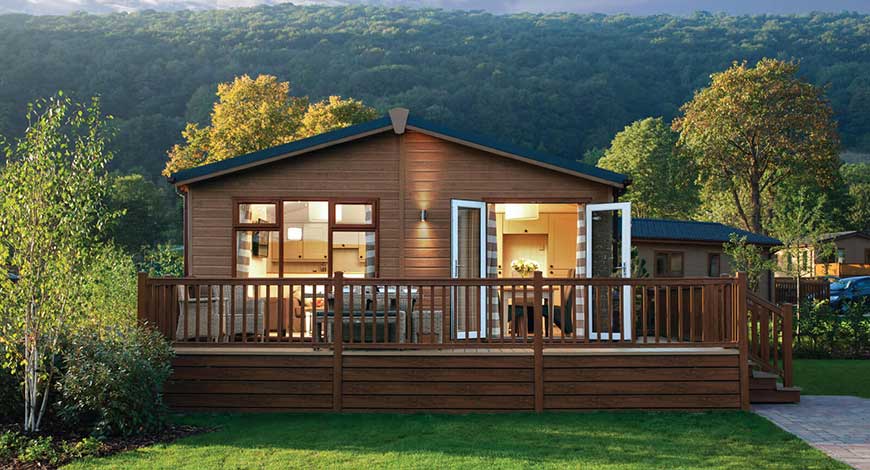When the COVID-19 pandemic was in full force, vacation homes suddenly became extremely popular and were some of the hottest properties on the market. However, as the pandemic abates that trend now appears to be on the wane.

With life returning to normal, higher mortgage rates and an increase in loan fees for second homes now a reality, the second home market is experiencing a slowdown, housing analysts say. Even so, market observers say demand for vacation homes will likely remain above pre-pandemic levels.
In March, demand for vacation homes dropped sharply for the second consecutive month, according to a new report from Redfin.
Despite the sharp drop, second-home sales are still up 13% compared to their pre-pandemic levels. Also, second homes are expected to remain above pre-pandemic levels due to the growth of remote work.
Nevertheless, two months of consecutive declines is a trend housing analysts are paying attention to.
“The pandemic-driven surge in sales of vacation homes is coming to an end as mortgage rates rise at their fastest pace in history, causing some second-home buyers to back off,” says Taylor Marr, Redfin’s deputy chief economist. “When rates and prices shoot up so much that a vacation home starts to look more like a burden than a good investment and a fun place to bring your family on the weekends, a lot of prospective buyers have second thoughts.”
Also, a new second-home loan fee took effect on April 1, which could be hampering demand. The Federal Housing Finance Agency’s fees for second-home loans increased between about 1% to 4%. That change could add about $13,500 to the cost of purchasing a $400,000 home for a second-home buyer.
Second-home demand exploded in mid-2020. More Americans were working remotely and mortgage rates had decreased to record lows. Rate locks for second homes reached a peak of 88% above pre-pandemic levels in March 2021.
Interest in second homes appears to remain high, but more buyers may be facing affordability challenges. The 30-year fixed-rate mortgage is heading to a 5% average, and rates below 3% have faded into the rearview mirror. Home prices also continue to rise while housing inventory remains low. The number of listings in seasonal towns has reached record lows in recent weeks.